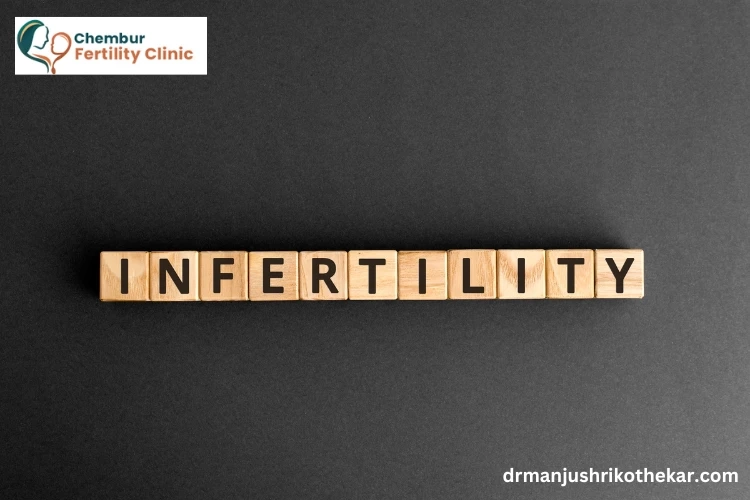Varicoceles are caused by aberrant vein enlargement in the scrotum. It is one of the most prevalent reasons for male infertility. According to statistics, varicoceles affect 15% of all males and 40% of men afflicted with infertility. Varicoceles are veins that are similar to varicose veins in the legs.
Varicoceles Cause
The precise etiology of this illness is unknown. According to reports, it might be related to an issue with blood flow in the spermatic cord, which transports blood to and from the testicles.
Symptoms
In most situations, there are no visible signs of Varicoceles.
The following symptoms are experienced by a small number of people:
Diagnosis
Doctors often identify it by a physical examination or an ultrasound of the scrotum.
Varicoceles and Infertility
To achieve fertilization and embryo development, a man's sperm must have enough sperm that are healthy and able to flow correctly via a woman's vagina, uterus, and fallopian tubes, where the woman's egg is released and fertilization happens.
Varicoceles in males raise the temperature of the testicles, which inhibits sperm formation. The higher temperature reduces the synthesis of testosterone (the male hormone), which reduces the quantity of sperm produced and also affects the quality and motility of sperm. Semen is not generated in severe instances of varicoceles.
The elevated temperature in the testicles also generates oxidative stress, which has been linked to sperm DNA and outer coating damage.
Varicoceles Treatment
Varicoceles are treatable. Varicoceles may be treated surgically as well as non-surgically. After therapy, there is a considerable improvement in sperm parameters, and sperm DNA fragmentation is significantly reduced. The following are the many therapy options:
Open Varicocelectomy:
An incision in the groin is made in order to reach the blood veins that are contributing to the varicocele. These blood vessels are then tied off.
Laparoscopic Varicocelectomy:
As the name implies, this is a minimally invasive procedure that necessitates three incisions in the abdomen. Through the incisions, laparoscopic devices are used to cut and tie up the bulging veins.
Microsurgical Varicocelectomy:
This procedure is similar to Open Varicocelectomy in that an incision in the groin is created. The main difference is that the surgeon uses a microscope to access and tie off the blood arteries.
Varicocele Embolization:
This is also a minimally invasive surgery. It is an image-guided procedure in which small coils are placed in the blood artery using a catheter to shut off and reroute blood flow away from the varicocele, alleviating strain on the veins.
Recovery Following therapy
Varicocele treatment is often performed as an outpatient procedure, and you may return to work a day or two following surgery. However, you will be advised to avoid stringent activities and exercise for about two weeks. Pain relievers are recommended for a few days after surgery.
Do not hesitate to seek help if you are struggling with male infertility. Schedule an appointment with Dr. Manjushri Kothekar, one of the top IVF Specialist in Mumbai, to begin your fatherhood journey.
You may also read What Are the Causes of Recurrent Pregnancy Loss?
Thanks for reading!



